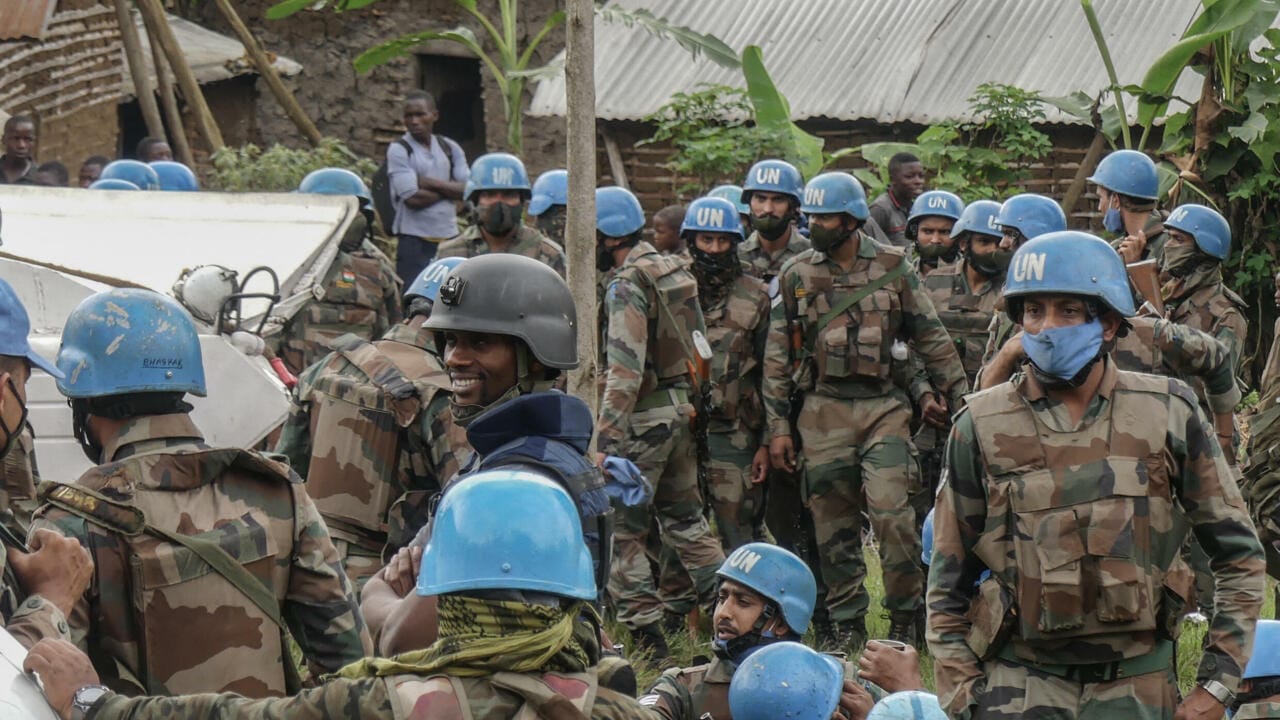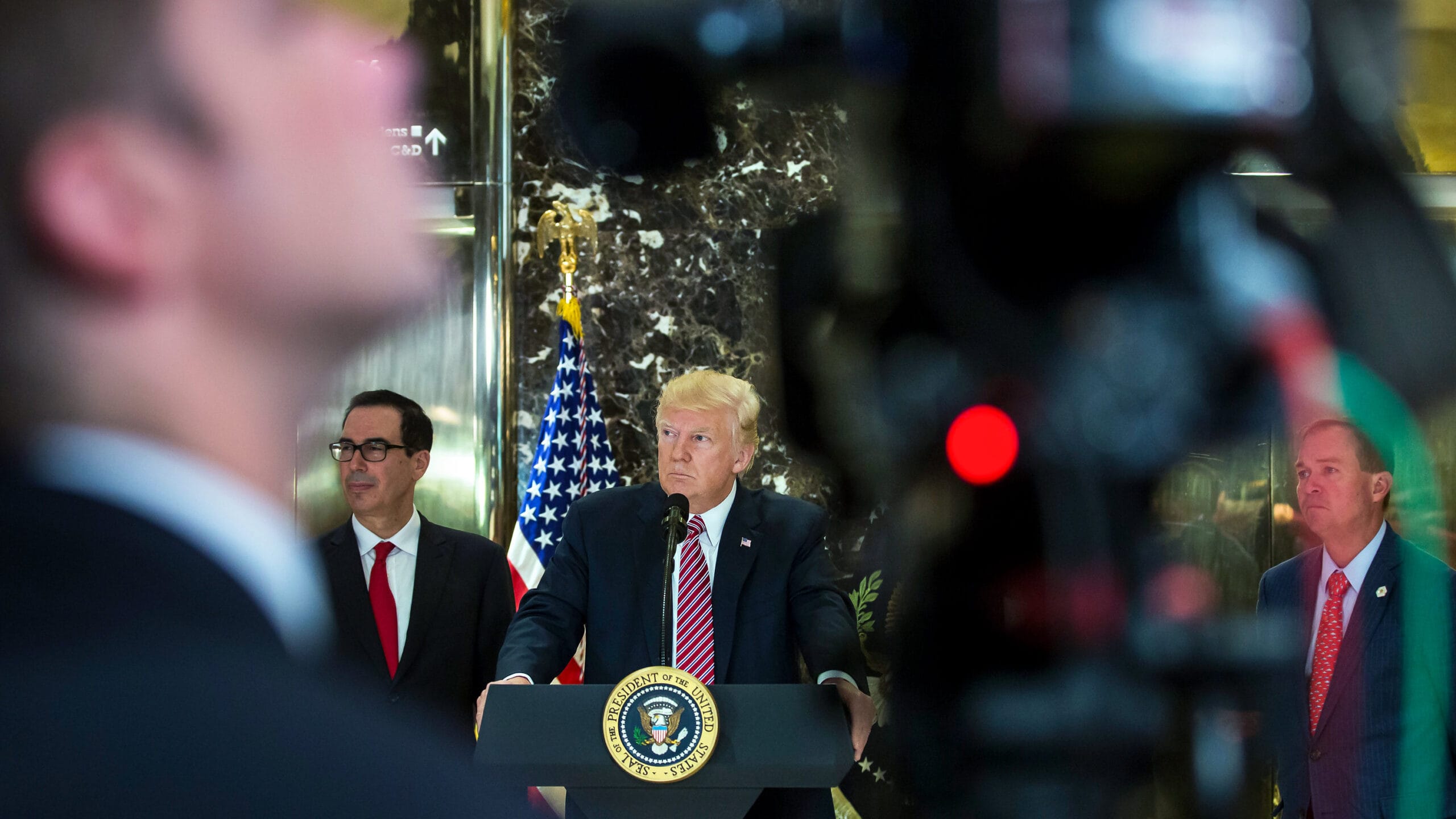The Democratic Republic of Congo is facing a new health crisis as a mysterious illness continues to claim lives in the northeastern part of the country. According to reports, dozens of people have died in the past few weeks, with many more affected by the illness.
The United Nations has dispatched a team of experts to the region to investigate the cause of the outbreak. The team, which includes epidemiologists, doctors, and other health specialists, is working closely with local health officials to identify the source of the illness and develop a plan to contain it.
“We are taking this situation very seriously,” said Dr. Matshidiso Moeti, the World Health Organization’s (WHO) regional director for Africa. “We are working closely with the Congolese authorities to identify the cause of the illness and develop a plan to stop its spread.”
The illness, which has not been identified, is characterized by symptoms such as fever, vomiting, and diarrhea. In severe cases, it can lead to organ failure and death. Local health officials have reported that the illness has affected several villages in the northeastern part of the country, with the majority of cases reported in the Ituri Province.
The outbreak has raised concerns among local residents, who are worried about the spread of the illness. Many have expressed frustration with the lack of information about the cause of the illness and the government’s response to the crisis.
“We don’t know what is happening,” said one resident, who wished to remain anonymous. “People are dying, and we don’t know why. We need answers.”
The Congolese government has assured residents that it is doing everything in its power to contain the situation. Health officials have set up quarantine centers in affected villages, and medical teams are working around the clock to treat patients.
However, the government’s response has been criticized by some, who argue that it has been slow to react to the crisis. Others have expressed concerns about the lack of resources available to health officials, who are struggling to contain the outbreak.
The outbreak has also raised concerns about the broader health infrastructure in the Congo. The country’s health system has been weakened by years of conflict and neglect, making it difficult for health officials to respond to outbreaks like this.
“This is a wake-up call for the Congolese government,” said Dr. Moeti. “We need to strengthen the health system in the Congo to prevent outbreaks like this from happening in the future.”
The WHO has pledged to support the Congolese government in its response to the outbreak. The organization has provided medical supplies and equipment to health officials, and is working to mobilize additional resources to support the response.
As the investigation into the cause of the illness continues, health officials are urging residents to take precautions to prevent its spread. This includes avoiding close contact with people who are sick, washing hands regularly, and seeking medical attention immediately if symptoms appear.
The situation in the Congo is a reminder of the importance of a strong health system in preventing and responding to outbreaks. As the global health community works to support the Congolese government in its response to this crisis, it is clear that more needs to be done to strengthen health systems in countries like the Congo.



